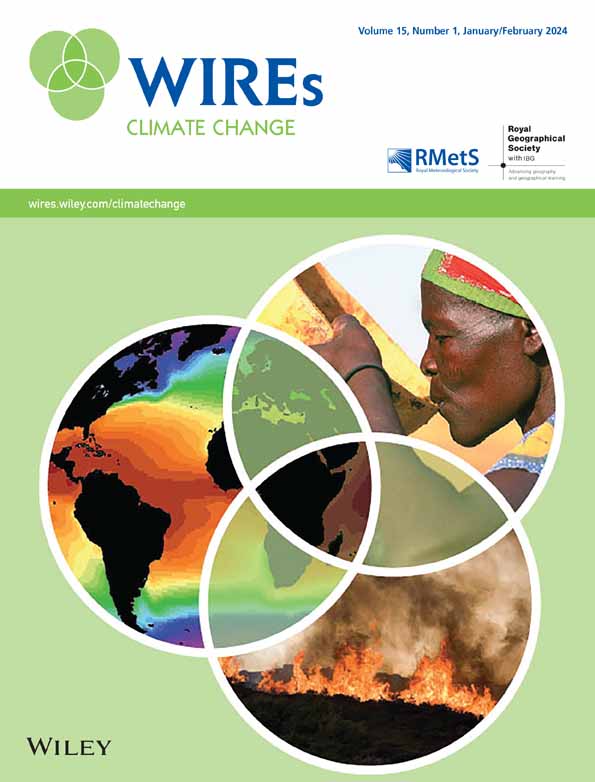从制度建设到实施:利用联合国气候会议推动气候行动
IF 10.3
1区 环境科学与生态学
Q1 ENVIRONMENTAL STUDIES
引用次数: 4
摘要
国际商定的气候目标与实际减排之间的差距越来越大。我们探讨了《联合国气候变化框架公约》(UNFCCC)的最高决策机构——缔约方会议(COP)如何发展以促进更有效的气候政策。我们认为,促进气候行动的实施可以从更多地关注个别部门系统中受益,特别是在减缓方面。我们考虑了国际机构的五项关键治理职能,以讨论缔约方会议及其召开的会议如何推进《巴黎协定》的实施:指导和信号、规则和标准、透明度和问责制、实施手段以及知识和学习。此外,我们认为缔约方会议及其会议的作用是全球气候政策的重大事件。我们确定了在所有五项治理职能中促进部门气候行动的机会,以及将缔约方会议作为正式机构和缔约方会议作为有益活动的机会。利用这些机会,除了传统上负责缔约方会议进程的外交部和环境部之外,还需要各国部委加强参与,并需要非缔约方利益攸关方加强参与正式的缔约方会议进程。本文章由计算机程序翻译,如有差异,请以英文原文为准。
From regime‐building to implementation: Harnessing the UN climate conferences to drive climate action
The gap between the internationally agreed climate objectives and tangible emissions reductions looms large. We explore how the supreme decision‐making body of the United Nations Framework Convention on Climate Change (UNFCCC), the Conference of the Parties (COP), could develop to promote more effective climate policy. We argue that promoting implementation of climate action could benefit from focusing more on individual sectoral systems, particularly for mitigation. We consider five key governance functions of international institutions to discuss how the COP and the sessions it convenes could advance implementation of the Paris Agreement: guidance and signal, rules and standards, transparency and accountability, means of implementation, and knowledge and learning. In addition, we consider the role of the COP and its sessions as mega‐events of global climate policy. We identify opportunities for promoting sectoral climate action across all five governance functions and for both the COP as a formal body and the COP sessions as conducive events. Harnessing these opportunities would require stronger involvement of national ministries in addition to the ministries of foreign affairs and environment that traditionally run the COP process, as well as stronger involvement of non‐Party stakeholders within formal COP processes.
求助全文
通过发布文献求助,成功后即可免费获取论文全文。
去求助
来源期刊

Wiley Interdisciplinary Reviews: Climate Change
METEOROLOGY & ATMOSPHERIC SCIENCES-
CiteScore
20.00
自引率
2.20%
发文量
58
审稿时长
>12 weeks
期刊介绍:
WIREs Climate Change serves as a distinctive platform for delving into current and emerging knowledge across various disciplines contributing to the understanding of climate change. This includes environmental history, humanities, physical and life sciences, social sciences, engineering, and economics. Developed in association with the Royal Meteorological Society and the Royal Geographical Society (with IBG) in the UK, this publication acts as an encyclopedic reference for climate change scholarship and research, offering a forum to explore diverse perspectives on how climate change is comprehended, analyzed, and contested globally.
 求助内容:
求助内容: 应助结果提醒方式:
应助结果提醒方式:


